In the year since October 7, when Hamas operatives went helter-skelter in Israel, murdering 1200 people and kidnapping 251, the perennial but endless Gaza conflict has sent rolling shockwaves around the world.
Comparisons between October 7 and the September 11, 2001 attacks on America were immediate, both for the audacity and breadth of the terrorist plots, and the failure of security services to anticipate them.
But while the victims of September 11 were taken out in a devastatingly fast fashion, the October 7 attacks produced victims both living and dead, the ordeal of the hostages a source of ongoing pain and strategic consideration.
Held in the airless “Gaza metro,” the network of tunnels built and used by Hamas, these ordinary people became for Israelis the unseen but critical faces of the war.
But they weren’t just Israelis; they also came from Thailand, Nepal, The Philippines, Tanzania, the United States and Russia.
And the fact that many had been snatched at a dance music festival only deepened the sense that they were innocent civilians in the prime of life.
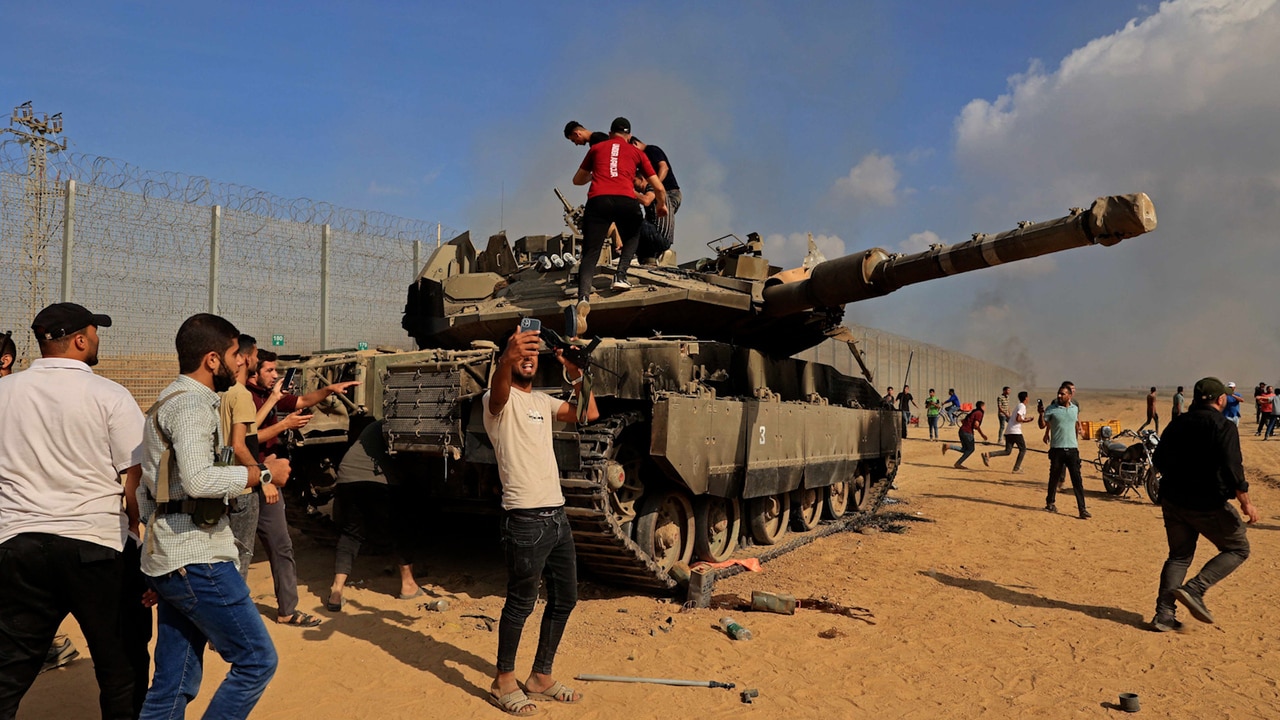
Israel, wounded and grieving in the aftermath of October 7, changed course overnight. No more would it try to contain Hamas, in a strategy known colloquially as “mowing the grass”. Annihilation became the goal.
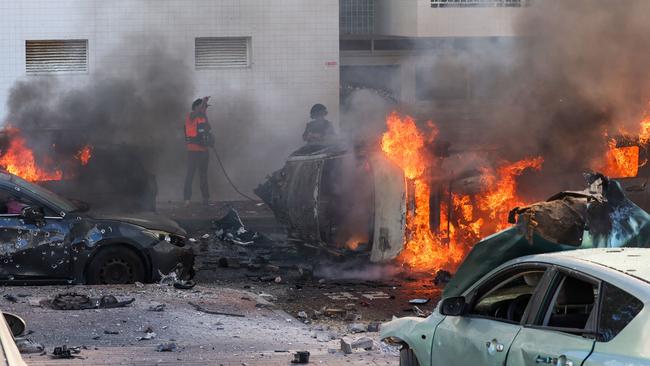
Defence Minister Yoav Gallant put it bluntly. “We will wipe this thing called Hamas, ISIS-Gaza, off the face of the Earth. It will cease to exist,” he vowed.
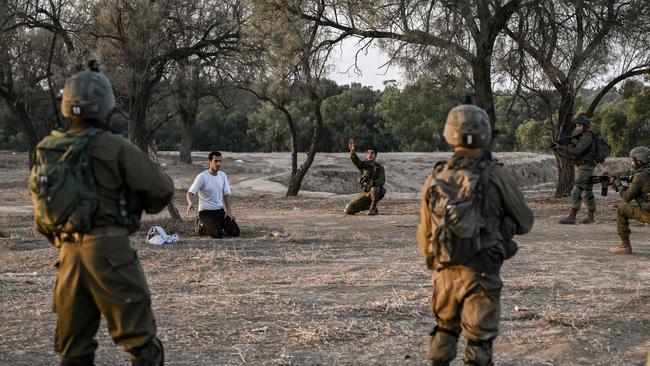
Israel has since gone after its enemies with an incredible vengeance, first Hamas and now Hezbollah in Lebanon, the world watching anxiously to see if the conflict will become even bigger and broader.
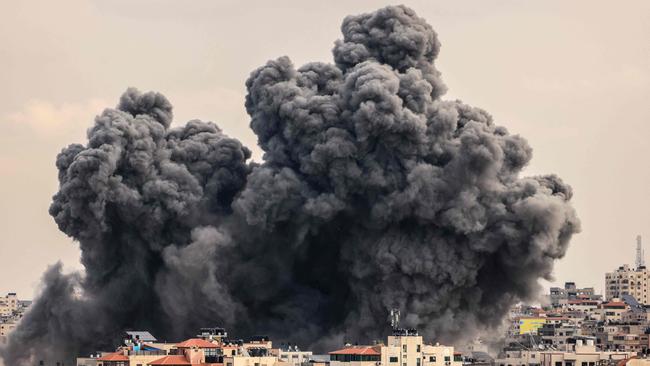
International calls for restraint have done little to slow Israel down, but the families of the hostages have emerged as a potent force, one which may yet prove pivotal in the ongoing conflict.
While some hostages have been returned, around 97 remain in captivity, including seven Americans and six Thais.
The discovery that six kidnap victims had been shot dead by Hamas militants in early September let to widespread protests across Israel, with many believing Benjamin Netanyahu’s government was not doing enough to secure the release of the remaining hostages.
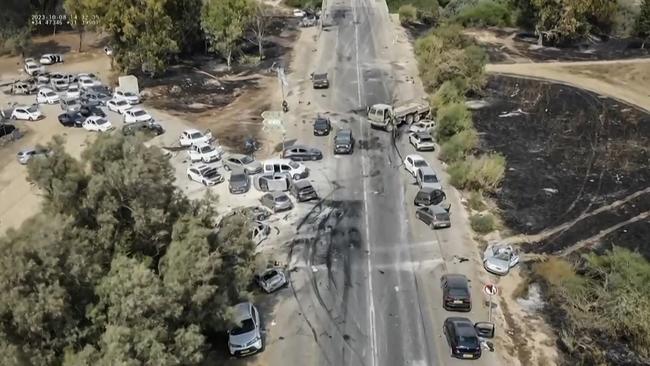
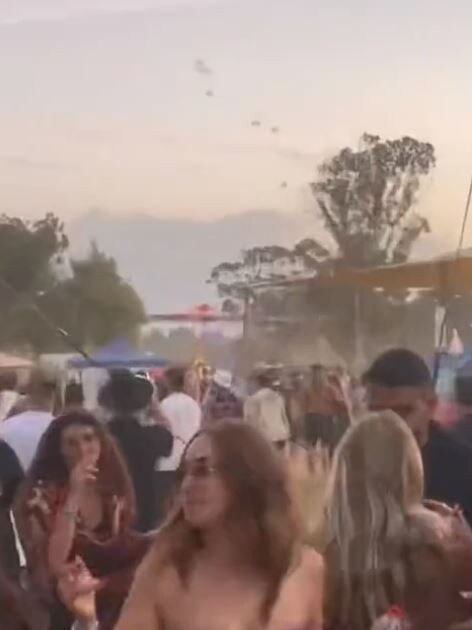
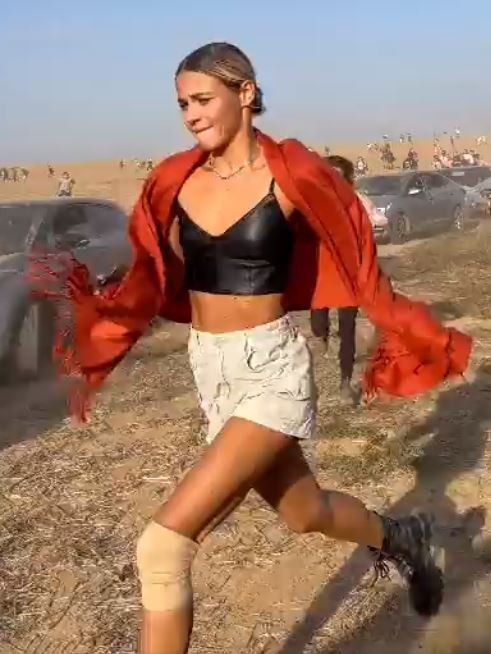
The FBI has delivered a grim warning amid fears that the one-year anniversary could spark acts of violence by extremists, urging people to be aware of their surroundings.
In a joint announcement, the FBI and the US Department of Homeland Security said: “Jewish, Muslim, or Arab institutions — including synagogues, mosques/Islamic centres, and community centres — and large public gatherings, such as memorials, vigils, or other lawful demonstrations, present attractive targets for violent attacks or for hoax threats by a variety of threat actors, including violent extremists and hate crime perpetrators.”
Meanwhile, the war has reverberated worldwide, and Australia, so often a haven from problems that divide other places, has not been spared.
The atrocities of the conflict have been shared daily on social media by impassioned people on both sides, demanding the world see what is happening, and take a stand.
Protesters have flooded city streets, sometimes with violence, and occasionally expressing shocking antisemitic views.
When Palestinian protesters descended on the Sydney Opera House on October 9 after it was lit up in the colours of the Israeli flag, police were quick to deny reports the crowd had been chanting “Gas the Jews”, declaring it was “Where’s the Jews?” instead, which is itself darkly menacing.
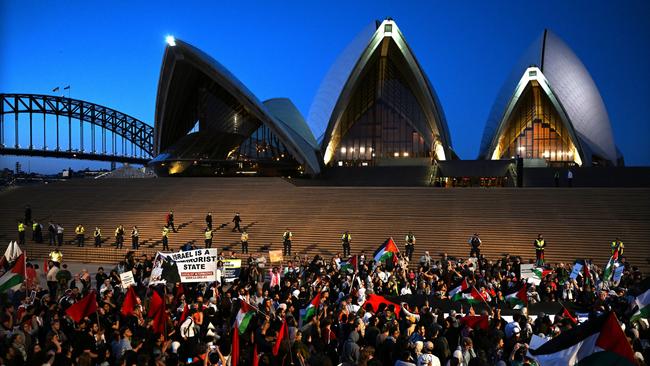
Before long, a new chant was being heard at local protests: “From the river to the sea, Palestine will be free”.
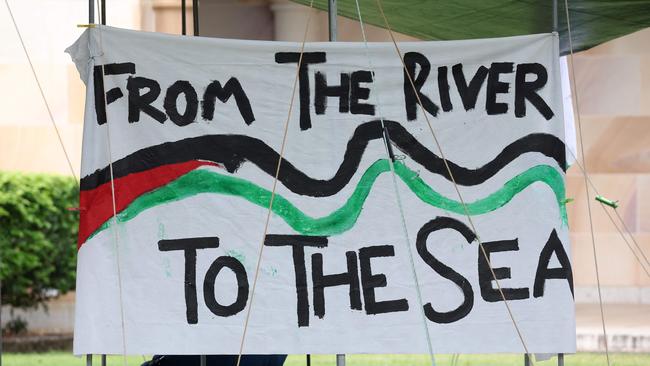
Researcher Ian Parmeter from the Centre for Arab and Islamic Studies at the ANU said in his decades of studying Middle East politics, the appropriation of that slogan by supporters of Palestine was a new development.
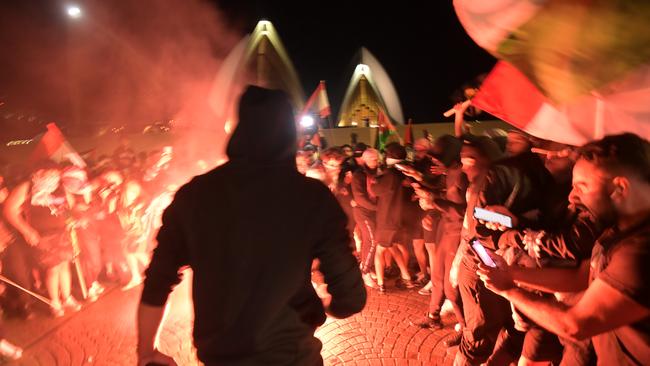
“If you take the hard line interpretation [of that phrase], it means there will only be a Palestine in the area from the Jordan River to the Mediterranean. That’s not going to happen,” he said.
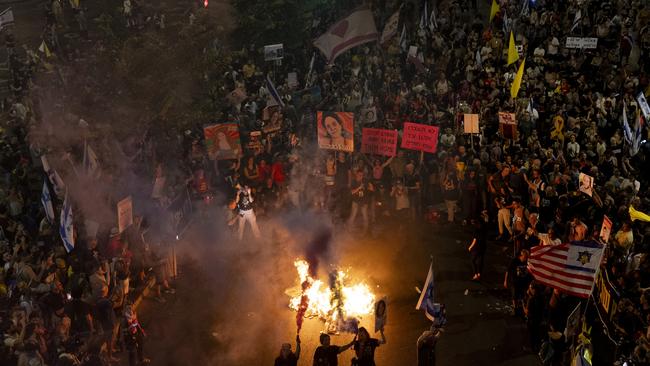
Besides the angry rhetoric, there’s also been violence. The Executive Council of Australian Jewry said there had been 1800 antisemitic incidents across Australia over the past year, a 324 per cent increase.
Muslim groups reported 878 incidents of Islamophobic abuse in the same period, an increase of 570 per cent.
The conflict has also had weird, unforeseen repercussions; headaches and dramas for institutions which have suddenly found themselves struggling to deal with the politics of a situation thousands of kilometres away.
When three actors donned the Palestinian keffiyeh scarf during the curtain call of a Sydney Theatre Company performance in November, it prompted protests from audience members, and then from donors, who withdrew their funding, forcing the organisation to shed staff and offer a truncated season in 2025 as a result.
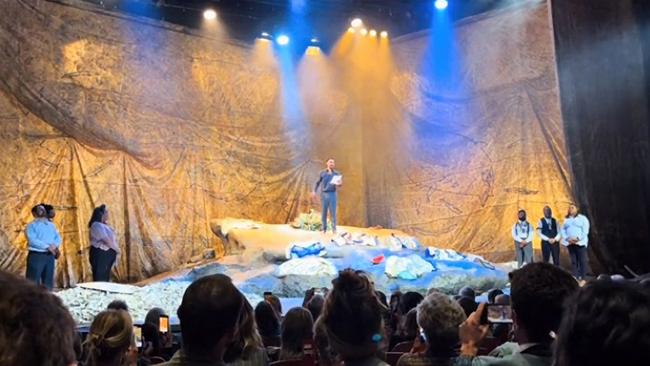
The head of the Melbourne Symphony Orchestra was sacked over her handling of an on-stage political statement made by a musician; and the Vice-Chancellor of Sydney University is fighting to save his job over pro-Palestinian protests on campus.
The Albanese government has also been caught in the metaphorical crossfire; the party has lost one Senator to the issue already (Fatima Payman from Western Australia) and there are concerns MPs could lose support in seats with strong Muslim constituencies.
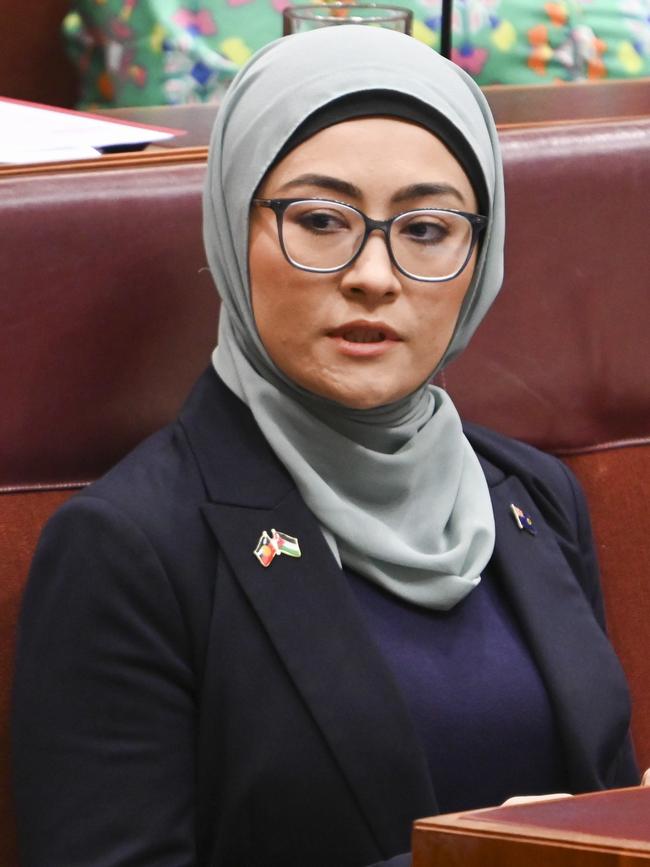
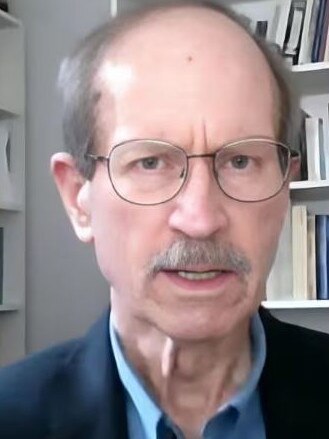
For the passionate supporters of Palestine, and Israel, including the many thousands of Australians with links to those places, these dramas must seem inconsequential compared to the deaths of 40,000 people on the one hand, or the continuing existential threat to the Jewish state on the other. Lebanese Australians are also mourning the more than 1000 people killed in the past few weeks.
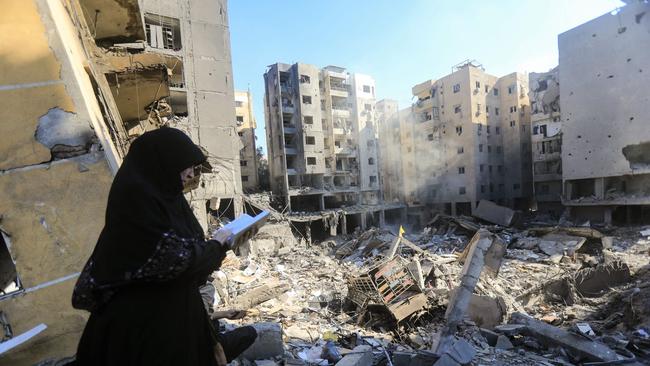
But for many other Australians, the reality is that despite all the exhortations from both sides, the conflict over Gaza remains remote.
When asked to nominate the key threats to Australia’s interests, respondents to this year’s Lowy Institute Poll rated conflict in the Middle East as our least-pressing issue out of a list of 13. Global economic downturn, climate change, cyberattacks and Chinese military aggression were rated far more pressing.
But in the same survey, Australians awarded the Albanese government just 4.2 out of 10 for its handling of the Israel-Hamas conflict – a lower mark than for its management of any other issue.
The same poll from 2020 revealed a certain ambivalence Australians seemed to have towards Israel; on a “feelings thermometer,” registering the countries we like and those we don’t, Israel scored 47, just five degrees above Russia.
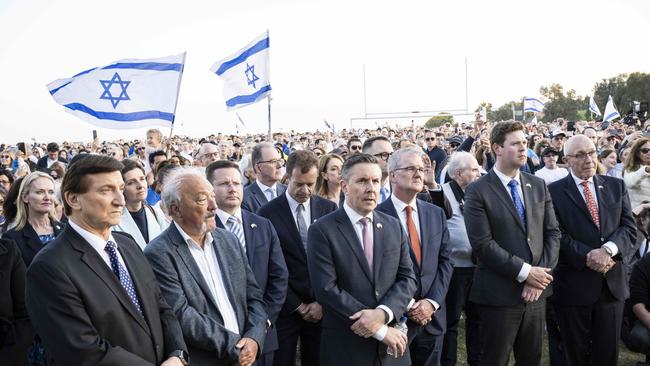
That sense of tepidness has been reflected at the governmental level, too.
Ian Parmeter said Australian government defence white papers going back decades had routinely listed the Middle East as a “second order priority,” way below concerns about our relationships with the US, our Asia-Pacific neighbours and China.
But is that sense of mental remoteness from the Middle East a thing of the past for Australia? Are we now entangled in this conflict, whether we want it or not?
Many say yes.
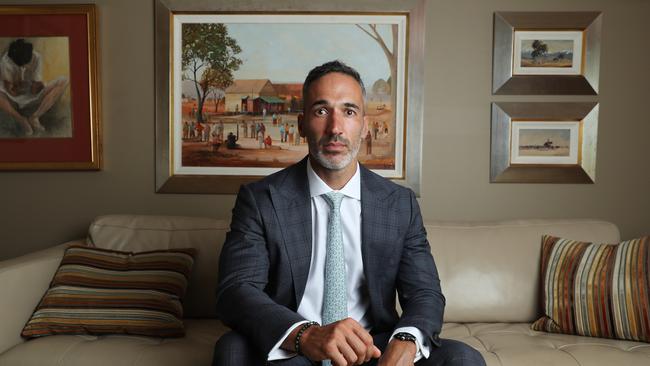
Alex Ryvchin, the co-chief executive of the Executive Council of Australian Jewry, said the past year has wrought a profound change on Australian Jews.
The attacks themselves “utterly devastated” the local community, he said, but that pain had been exacerbated by what has transpired here since, which he said “revealed an undercurrent of inhumanity in our society we didn’t think was there”.
“The Jewish community has been permanently transformed by the events of the past year,” Mr Ryvchin said.
“We have been hardened, shed some of our optimism and naivete, and now firmly understand that the battle for our rights and freedoms is a battle for the very future of this country.”
Israel will mark the one-year anniversary with a televised address to the nation by Prime Minister Benjamin Netanyahu and a memorial service led by President Isaac Herzog at Sderot, one of the cities hardest hit during the onslaught by Palestinian militants.
A rally calling for a ceasefire in the Gaza Strip will be held at kibbutz Beeri, where more than 100 people were killed last October 7.
A memorial is also planned at kibbutz Reim, site of the Nova music festival where militants murdered hundreds of people.

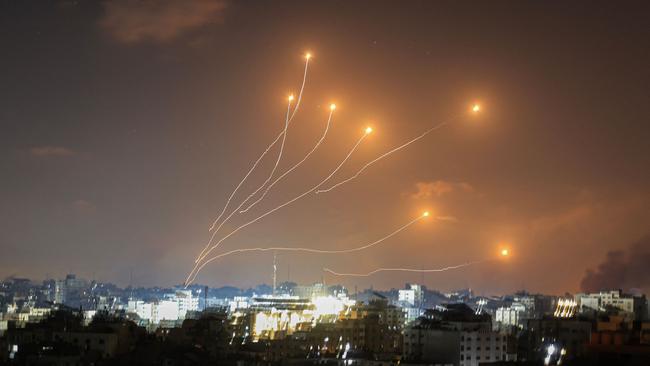
Add your comment to this story
To join the conversation, please log in. Don't have an account? Register
Join the conversation, you are commenting as Logout